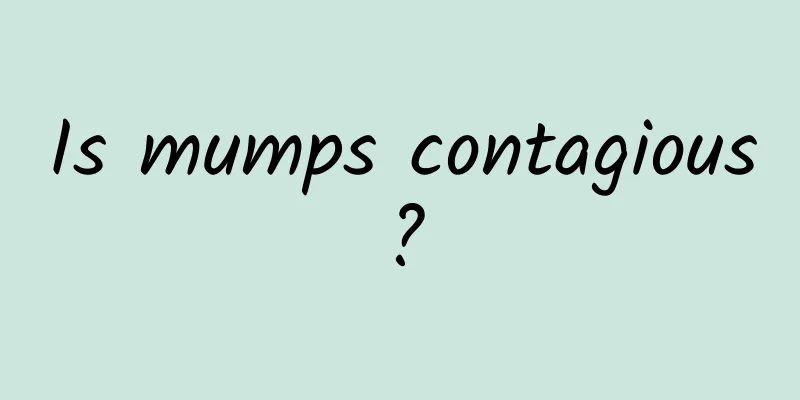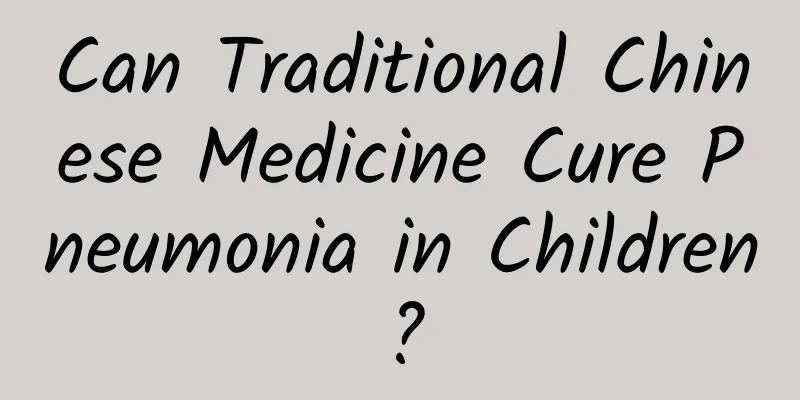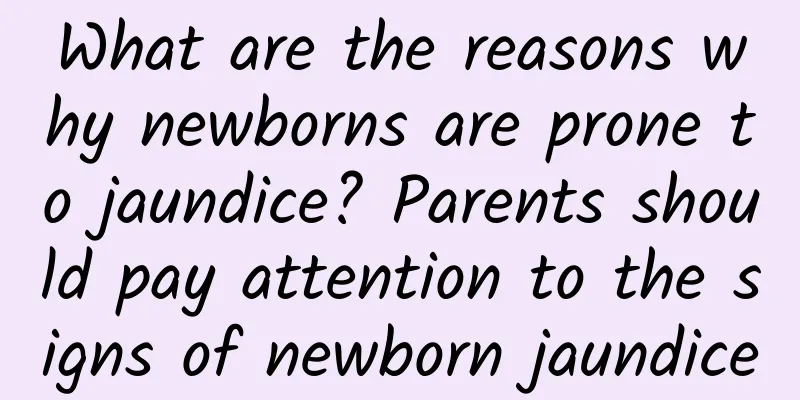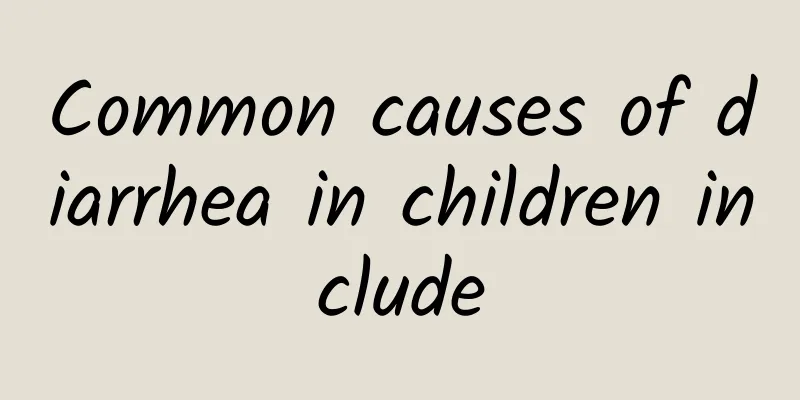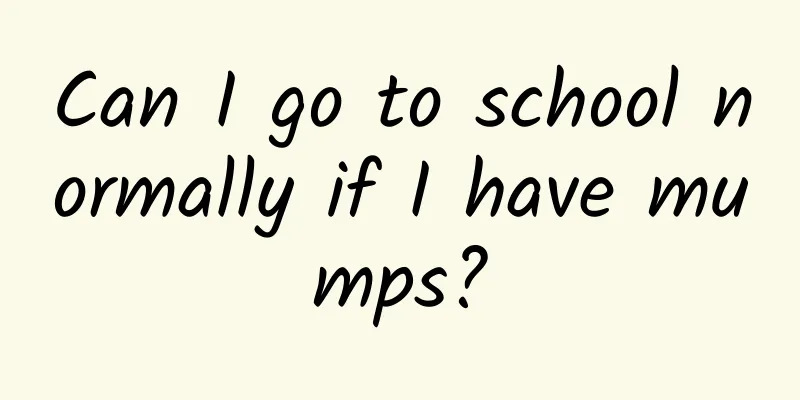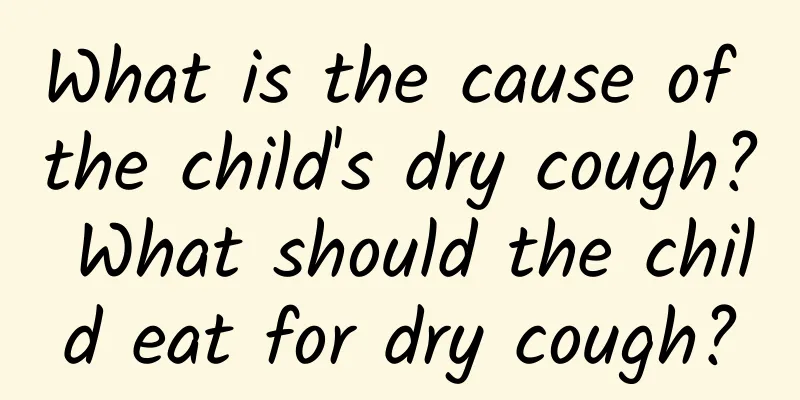Prevention and treatment of hand, foot and mouth disease in children
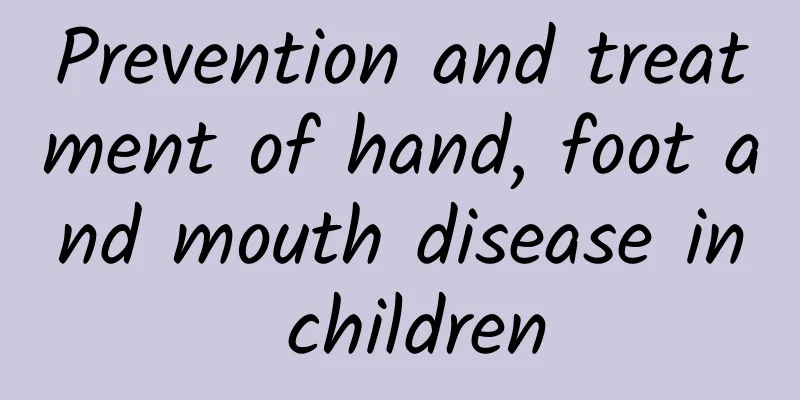
|
Hand, foot and mouth disease is a common childhood infectious disease caused by enterovirus. The key to prevention is to maintain good hygiene habits, while treatment is mainly symptomatic. Children with severe symptoms need to seek medical treatment in time. The following is a detailed explanation of the disease characteristics, prevention and control measures, and treatment methods. 1. Transmission methods and characteristics of hand, foot and mouth disease Hand, foot and mouth disease is mainly transmitted through contact, including direct contact with the patient's saliva, secretions or contaminated objects. It usually occurs in children, especially those under 5 years old, and is more common in spring and summer. The initial symptoms are fever and loss of appetite, followed by herpes on the hands, feet, oral mucosa, etc. Herpes generally does not leave scars. Most cases have mild symptoms, but in a few cases, serious complications such as encephalitis and myocarditis may occur. 2. Measures to prevent hand, foot and mouth disease 1. Maintain personal hygiene: Encourage children to wash their hands frequently with soap and running water, especially before meals, after going to the toilet, and after touching public items. 2 Pay attention to environmental disinfection: clean children’s toys, tableware, clothes and other items regularly, and avoid sharing food, water or personal items with other children. 3 Avoid crowded places: During the epidemic season, try to avoid taking children to crowded places, such as shopping malls, parks, etc., to reduce the risk of contact infection. 4. Get vaccinated: China currently has EV71 vaccine, which can effectively prevent severe hand, foot and mouth disease caused by enterovirus 71. 3. Treatment of hand, foot and mouth disease There is no specific antiviral drug for hand, foot and mouth disease, and symptomatic treatment is the main treatment: 1. Reduce fever: If the child has a high fever, use ibuprofen or acetaminophen to reduce fever, and drink plenty of water to prevent dehydration. 2 Relieve pain: Children with oral pain can apply gel medicine to the herpes area; or gargle with light salt water to relieve discomfort. 3 Treatment of severe cases: If symptoms such as persistent high fever, frequent vomiting, and mental depression occur, seek medical attention immediately. Hospitalization may be required for observation and more professional care and treatment for encephalitis, myocarditis, etc. Children usually recover within 1-2 weeks after contracting hand, foot and mouth disease, but parents need to pay close attention to changes in their condition, especially their body temperature and mental state. If you suspect your child is abnormal, please seek medical help immediately. Timely prevention and scientific response are the key to reducing the risk of transmission and the probability of complications. |
<<: What is the cause of high jaundice in babies and how to treat it
>>: Types, symptoms and treatment of pneumonia in children
Recommend
What disease causes children's cough? Children's cough is mostly caused by these 4 diseases
If a child has a cough, it is likely caused by an...
How to check diarrhea in children
Pediatric diarrhea is a common digestive tract di...
How to cure patent ductus arteriosus in newborns?
Patent ductus arteriosus is a congenital heart di...
What are the methods to cure neonatal jaundice?
Neonatal jaundice is a common disease in the neon...
Rural folk remedies for curing mumps
Mumps, especially in rural areas, is often seen a...
What is the difference between atypical Kawasaki disease and Kawasaki disease?
The main difference between atypical Kawasaki dis...
What are the treatment principles for breast milk diarrhea?
What are the treatment principles for breast milk...
Children's ADHD examination items
The healthy growth of children is very important,...
What tests should be done for mumps
As our pace of life accelerates, our chances of c...
What are the main examination bases for pediatric eczema?
When our baby has eczema, parents must not be ove...
How to check for hemorrhagic jaundice
In fact, many pregnant women need to take special...
How to distinguish pneumonia and tuberculosis in children
How to diagnose pneumonia and tuberculosis in chi...
What medicine should children take for respiratory tract infection, cough and phlegm
When children have respiratory infections and cou...
Diet for children with pneumonia
Many children are prone to some respiratory disea...
Why is it that a newborn baby wakes up easily when sleeping? There may be 3 reasons
If a newborn baby startles during sleep, it is mo...

